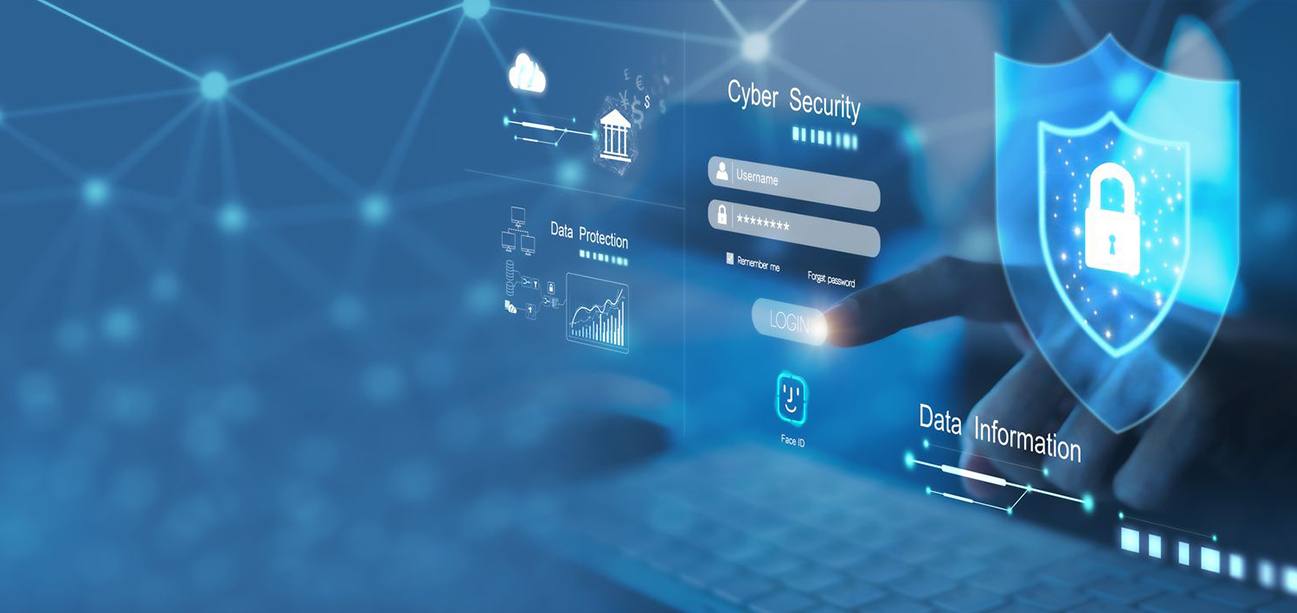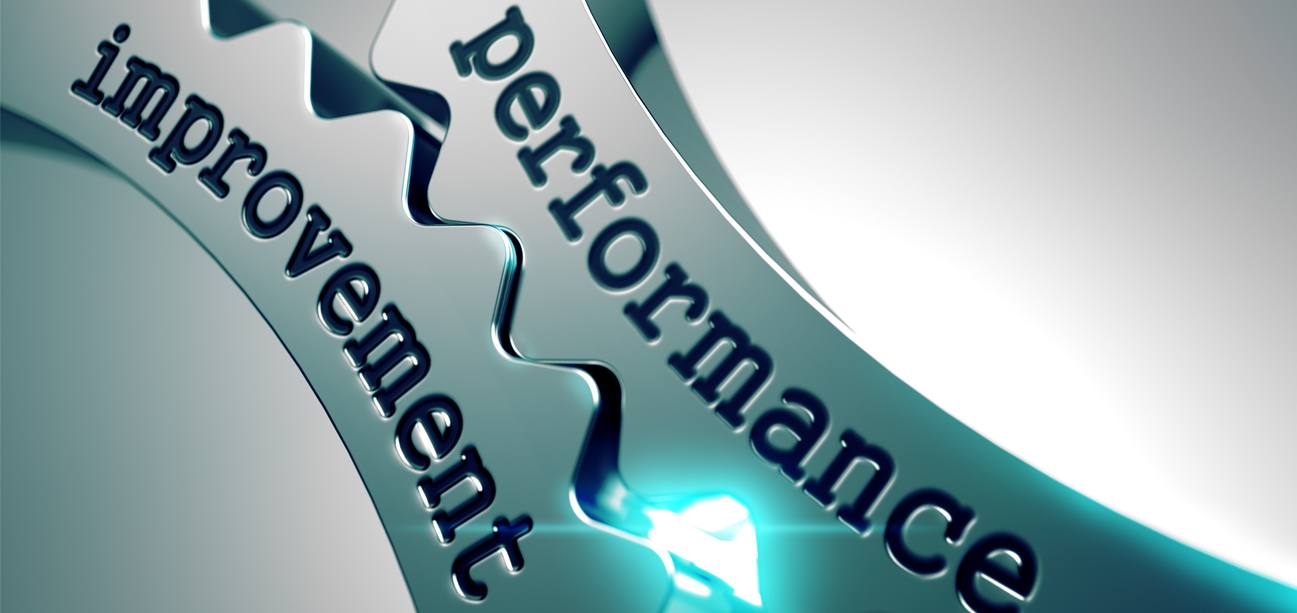
Leveraging The Potential Of Private Blockchain For Efficient Operations
A private blockchain is a kind of network where all nodes are connected to a central point, making it centralized. This type of blockchain is often employed by banks and businesses to ensure smooth operations. It is set up by the network validator, who has the power to decide who can join the network and perform transactions. To participate in a private blockchain, permission must be obtained from the central point. Transactions in a private blockchain are faster and more efficient as opposed to the Bitcoin blockchain.
Get Expert Private Blockchain Development Services With Fictive Studios
Fictive Studios is a consulting firm with a qualified team and global following that provides developing and designing services concerned with blockchain architecture. Our developers are always prepared to cater to your needs and assist you in understanding the potential of blockchain technology to meet your business requirements.
GET A QUOTEThe Perks Of Private Blockchain Development
- Cryptographic auditing for enhanced security
- Accelerated and cost-effective transactions
- Improved efficiency in operations
- Sharing and storing of vast amounts of data and files
- Databases elevated to a higher level of functionality
- Low-risk transactions ensured by KYC authentication
- Control The Environment
- Enhanced stability and scalability for the platform
- Greater control over the operational environment
How Does Private Blockchain Actually Work?
The private blockchain network necessitates approval from the network starter. To give control for access or transaction rights to other parties, it's not open to everyone. The private blockchain is primarily employed in enterprise-level applications by financial, healthcare, and legal industries where security, scalability, and higher TPS are top priorities.
Why Fictive Studios For Private Blockchain Development?
Fictive Studios provides top-notch blockchain development services worldwide. We excel at meeting private blockchain development requirements by furnishing a shared peer infrastructure that is highly secure.
What We Can Guarantee
- Choices that are completely decentralized
- Create databases for multiple key values and identities
- Obtain your own cryptocurrency
- Accessibility tracking at all levels of the network
- Accelerated and cost-effective transactions
- Dynamic control over all transactions
- Automatic public key generation
- Receive investment advice
What is private blockchain development?
What industries benefit from private blockchain development?
What are the advantages of private blockchain development?
What are the key features of private blockchain development?
What's the scope of private blockchain development?
My question requires a detailed discussion. How do I contact Fictive Studios?

Building The Future One Line Of Code At A Time

Mobile App Solutions For Everyone, Everywhere
We pride ourselves on our ability to bring your unique vision to life through our cutting-edge technology and innovative solutions.
Retail, Ecommerce
Education & e-learning
Healthcare & Fitness
Logistics & Distribution
Social Networking
Real Estate
Travel & Hospitality
Food & Restaurant
On-Demand Solutions
Gaming
Partnerships We Have Built Through Our Digital Solutions
At Fictive Studios, we are proud to have partnered with over 2000 businesses, ranging from startups to enterprises, to provide industry-leading mobile app development solutions tailored to their unique business needs. Every business is different, and we are passionate about helping our clients achieve their goals through our extensive range of app development services.
Start Up Business

Small & Med Business

Enterprise

Agencies

What Our Clients Say
We possess the capability to create applications across a diverse range of genres - simply specify your requirements and we'll bring your vision to life.

Let's Build Something App-tacular Together
Join forces with Fictive Studios, the premier Mobile App Development Company in the US. With our bespoke app development solutions, watch your business soar to new heights.
GET A QUOTE
















